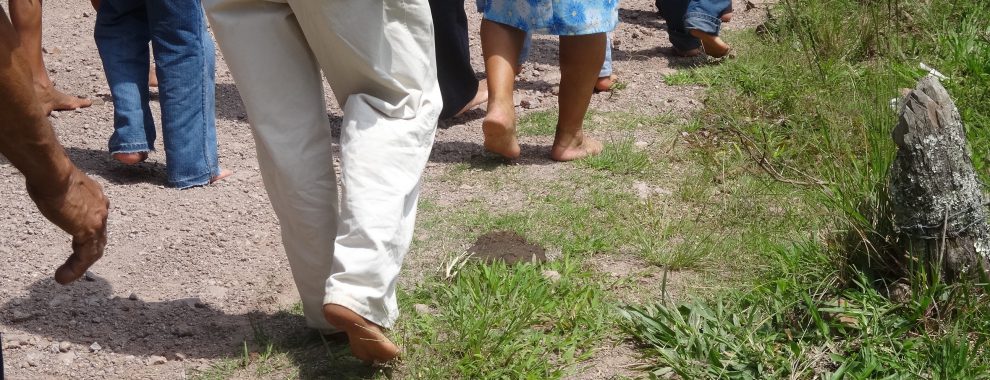No nos dejes caer en la tentación
Do not let us fall into temptation
Today, the first Sunday of Lent, the Gospel is the temptation of Jesus in the desert.
Yes, Jesus was tempted.
As Michael Casey writes in Fully Human, Fully Divine, this is a sign of Jesus’s humanity and his solidarity with us humans. He is like us in all things but sin and so he undergoes temptation.
It is also a sign of his divine sonship which was revealed at His baptism in the Jordan.
And so for us, as Michael Casey notes:
The effect of being admitted to divine intimacy is instant dispatch to the front line of battle…. For Jesus to live consciously as God’s Son here on earth necessarily involves a struggle. To be with God means contending with “Satan” who, in the Old Testament, is not so much an anti-God but the adversary of humanity, the recorder and accuser of every misdeed. Our relationship with God is constantly undermined by the querulous murmur, “How an you be a child of God when you do such things?”
Satan, the accuser, tries to make us deny our dignity as children of God – either considering ourselves totally incapable of being forgiven by God or considering ourselves as without sin (or having to hide them).
But recognizing both our sinfulness and our dignity as children of God is a way to face the Accuser with God’s help.
As St. Augustine wrote in his Commentary on the Psalms:
Christ accepted temptation as one of us and gave us the victory.
Facing temptation honestly helps to recognize this and to know ourselves in our reality of our sinfulness and incompleteness and in our calling to be with God.
As Augustine also wrote:
None know themselves if they have not been tempted.
What a joy and a source of hope.






